Big Barn - Discover local food
A good meta description describes the content of the page, and is shown on other pages and typically also in search engine results. Ensure each page has a unique description.
A good meta description describes the content of the page, and is shown on other pages and typically also in search engine results. Ensure each page has a unique description.
A good meta description describes the content of the page, and is shown on other pages and typically also in search engine results. Ensure each page has a unique description.
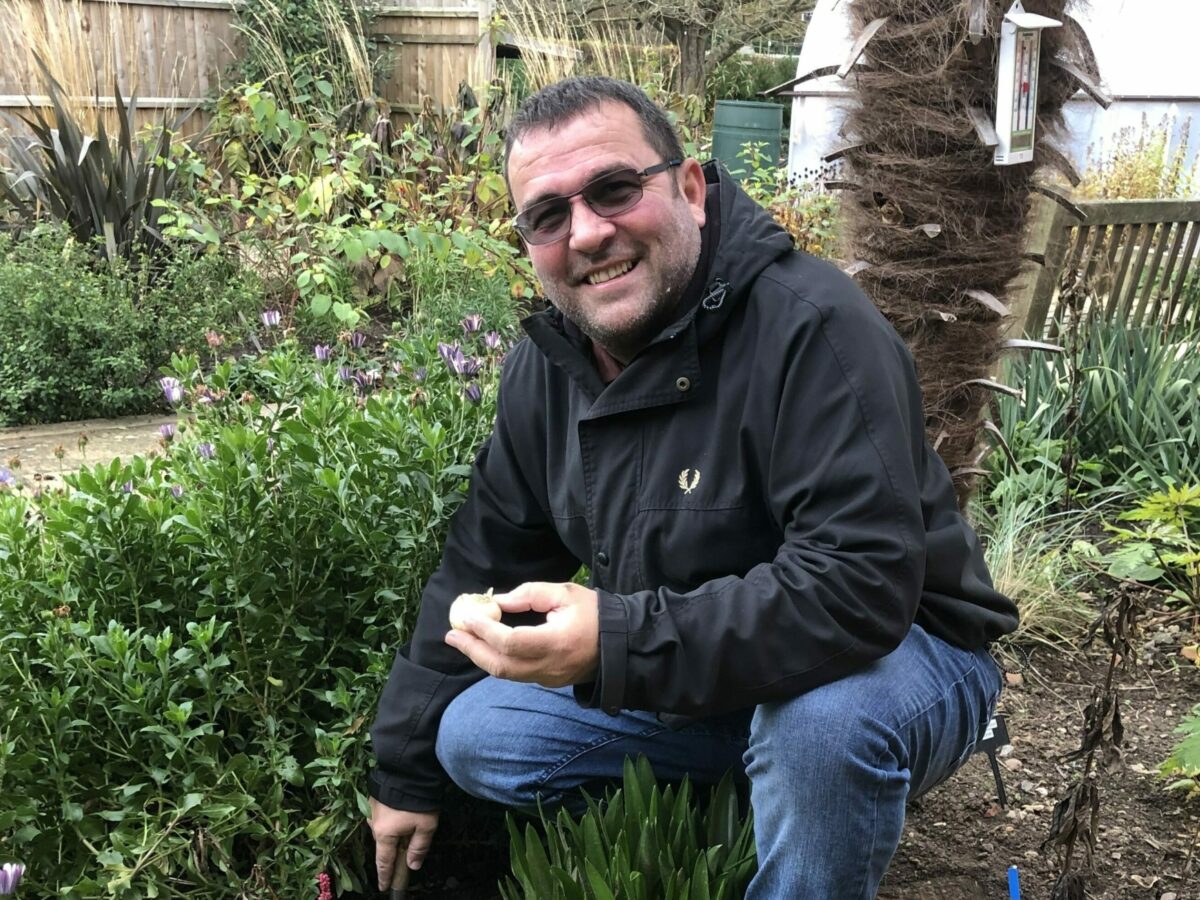
For Chris, June has been consumed, mainly by two things. The first has been setting up the balcony garden and of course, the second has been the weather!
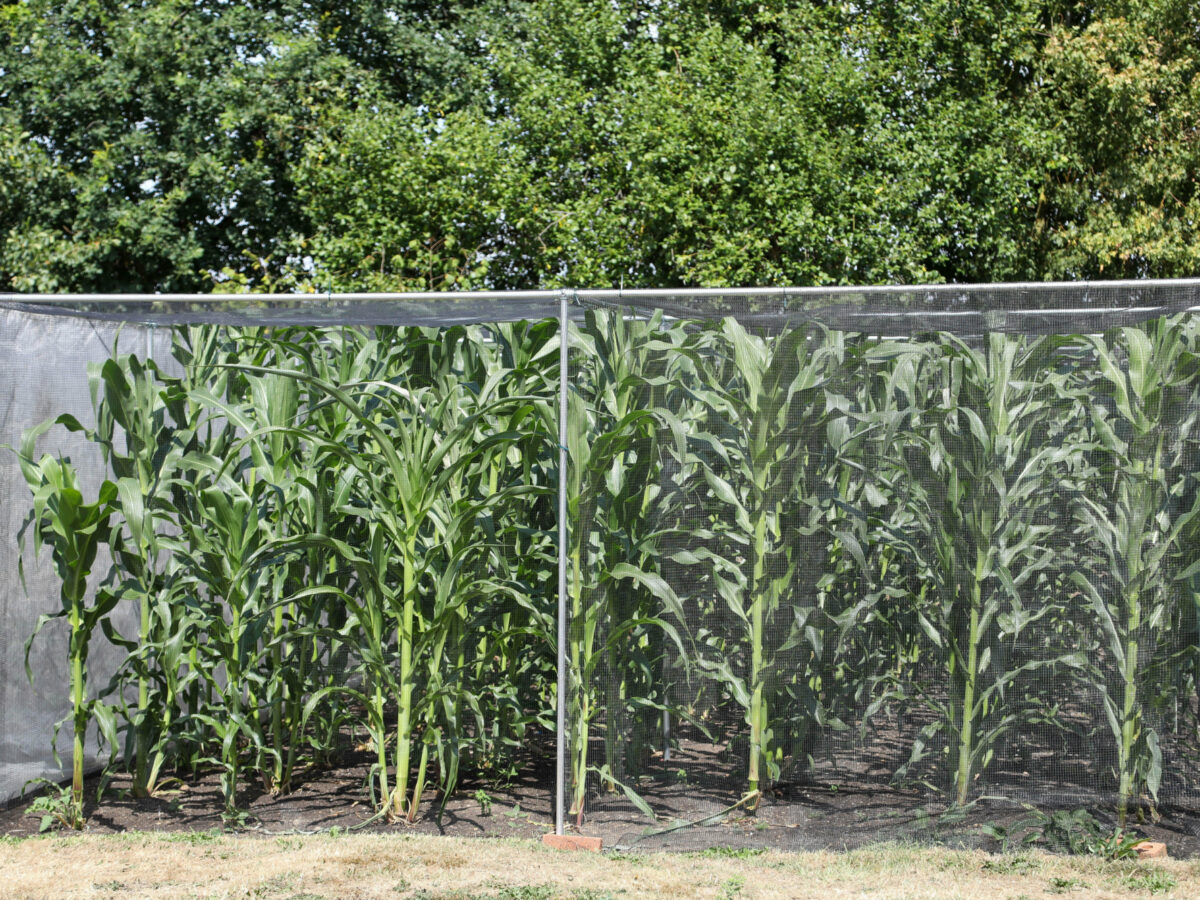
Scientists say that worldwide plant extinction is occurring far faster than would be expected naturally. With almost 600 plant species lost from the wild in the last 250 years, the number is twice that of all bird, mammal and amphibian extinctions combined. That's at a rate of nearly 3 species a year since 1900.
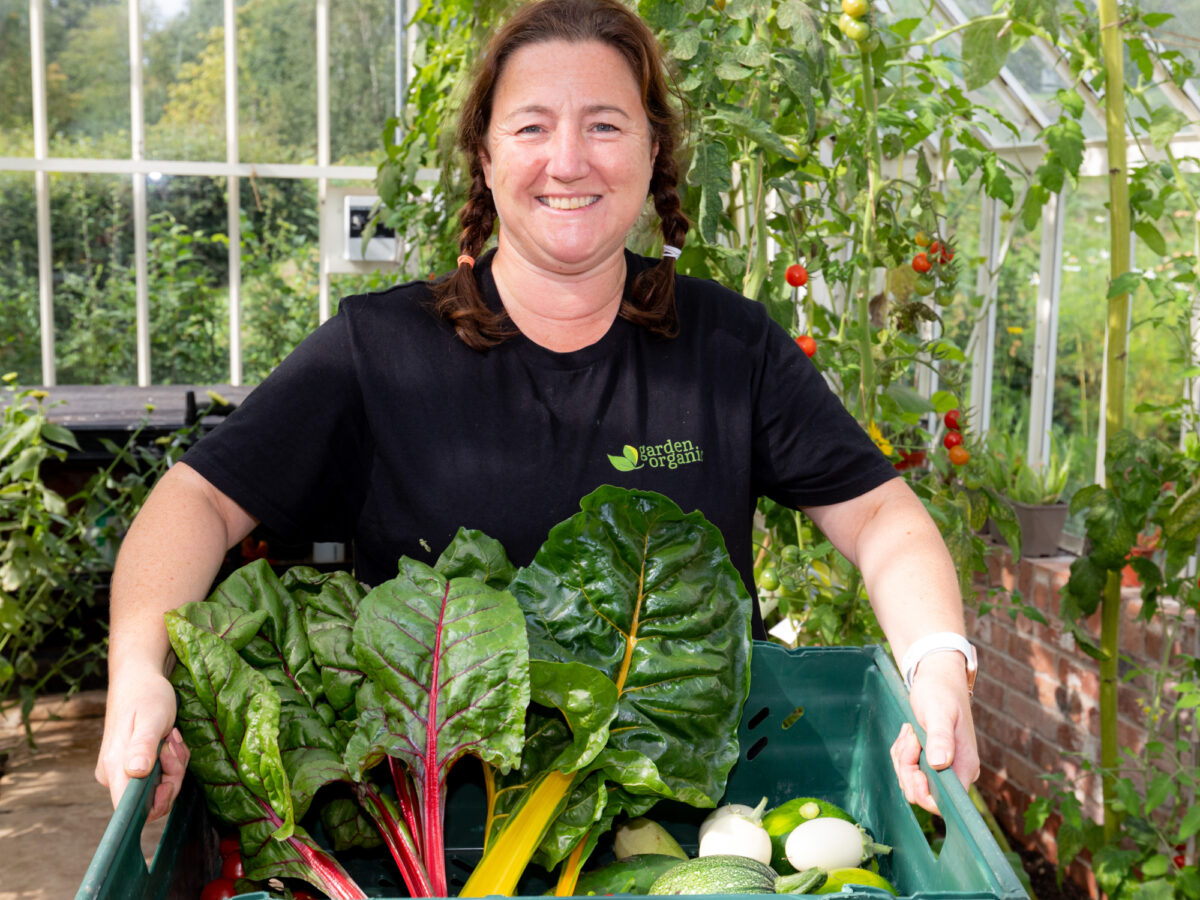
In a recent article in the PAN UK newsletter, Dr Michel Pimbert explains why agroecology is so important in a farming world dominated by agribusiness chemicals.
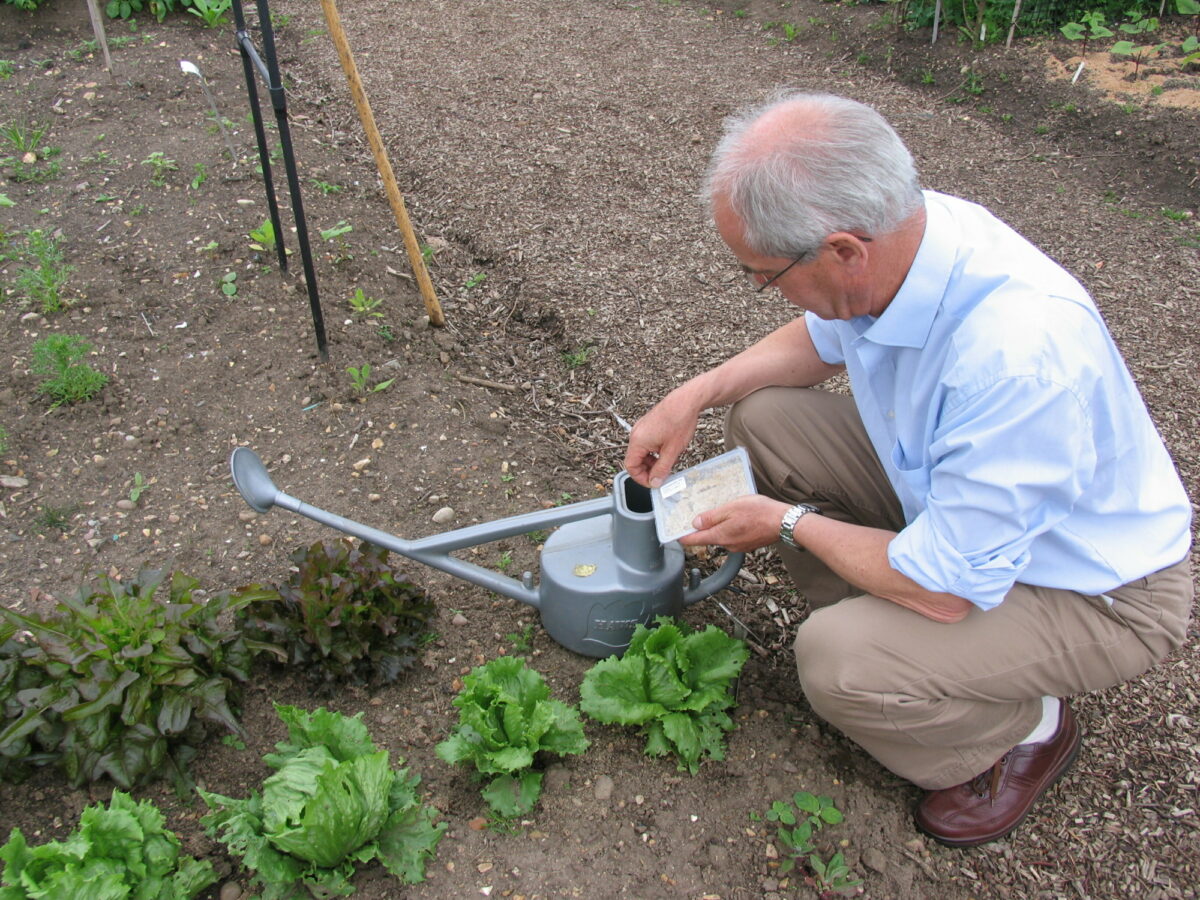
What to do in your organic garden in June. Listen to the latest in our popular podcasts with tips, advice and in-depth discussions.
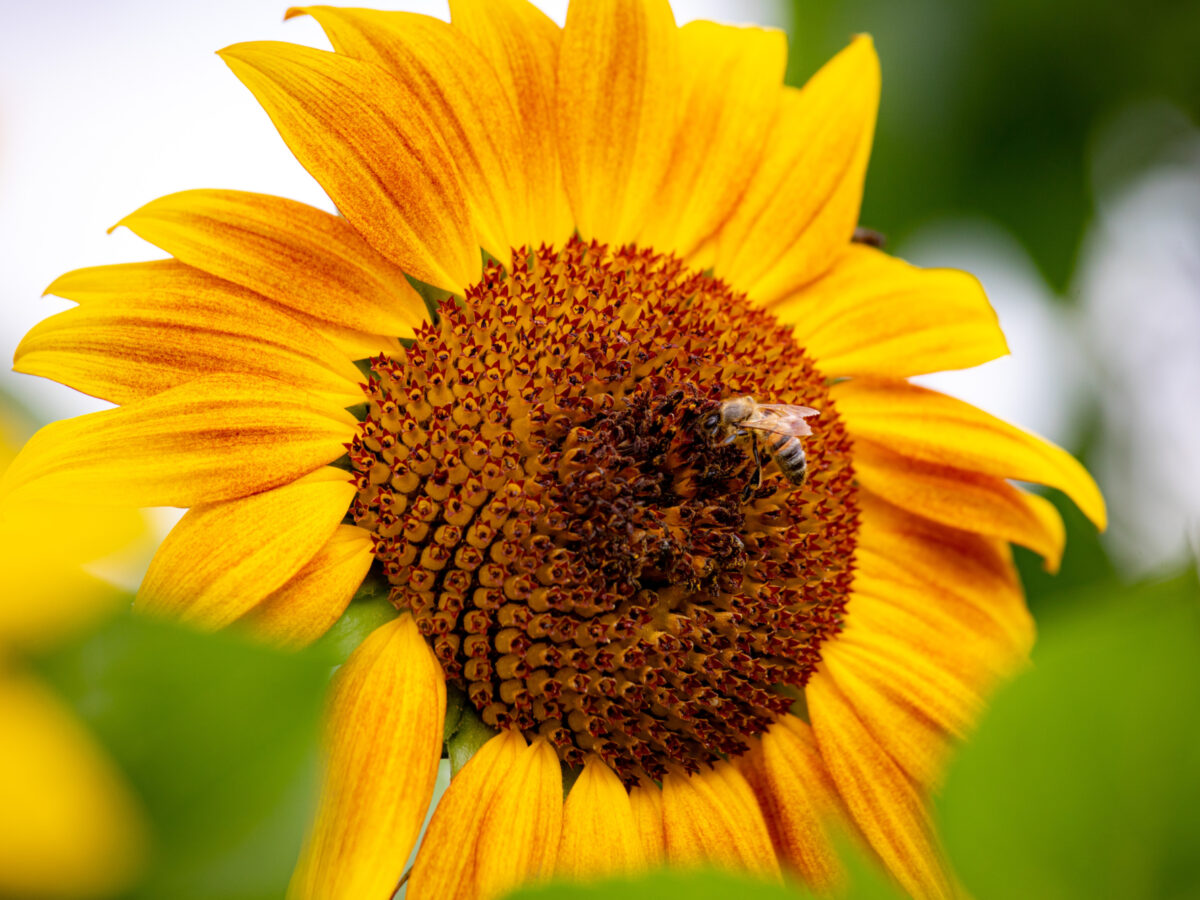
Help celebrate World Bee Day, on 20th May. How well do you know your bees? We give tips on how to help these busy creatures in your organic garden.
A good meta description describes the content of the page, and is shown on other pages and typically also in search engine results. Ensure each page has a unique description.
A good meta description describes the content of the page, and is shown on other pages and typically also in search engine results. Ensure each page has a unique description.
A good meta description describes the content of the page, and is shown on other pages and typically also in search engine results. Ensure each page has a unique description.